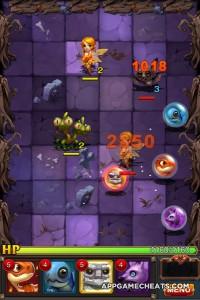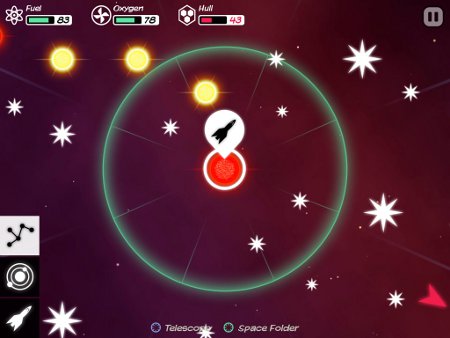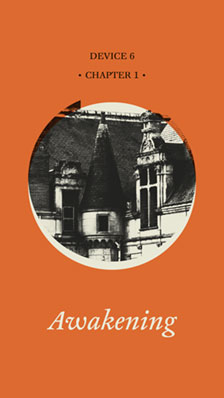

Backgammon has a very long history nevertheless, learning how to play backgammon is simple. It is a game of skill and one that, unfortunately, many younger people today are not all that familiar with. Still, familiarizing oneself with how to play backgammon doesn't take very long. Thanks to the rise of the Internet, learning how to play backgammon is easier than ever before and the game of backgammon is enjoying a resurgence of popularity. You can play online, download backgammon games from the Internet, and play with other people or against the computer.
Most people are familiar with the games set up? two players, one backgammon board, and each player gets 15 chips apiece. When learning how to play backgammon, you will find that the object of game is to move the chips from the board into your home board and finally into your winning pile. The first person to successfully clear the board of all their chips wins the game. The backgammon board is divided into four parts. When looking at the board from either one of the player's sides, the quadrant of the backgammon board closest to you is your home board, moving clockwise, you will pass over the bar and see the other half of the backgammon board, which is referred to as the outer board. Moving clockwise again to the remaining quadrant of the board is your opponent's home board. You will notice that each quadrant has 6 points. These are the spaces that you move onto. Although the spaces are alternating colors, each chip can move onto any colored points, the color of the chip and the color of the points do not have to correspond.
The game starts with the chips in the proper place. Each player has five pieces in the first point in their home board, the one closest to the bar. They moving clockwise again, each player gets three pieces on their side of the outer board. These are placed in the point not directly next to the line, but one away from it. On the other side of the outer board, on the point furthest away from the center line, each player puts five more pieces. Moving rightwards across the board, each player puts two pieces in the opposite player's home board nearest to their ?out? position.?
Each roll of the dice shows how many points a player is allowed to move their chips. For example, if you roll a five and a four, you can move your chips a grand total of nine points. You can move one chip four spaces and the other chip 5 spaces. You must use both of the rolls if it is legally possible for you to use them. The only caveat is that you cannot move a chip onto a space that is already occupied. If a player rolls doubles, they get double the moves, for example, if you get double 6's, you can move 4 pieces 6 points instead of two pieces 6 points. If you have a single chip on a space and a chip from your opposing player lands on it, your piece gets sent back to the center bar and from there it has to start the journey from the other side of the board. The first person to get all their chips through the board and into the safe position wins.




 Escape Game: “The Twin Prank”: Walkthrough
Escape Game: “The Twin Prank”: Walkthrough Zoom Pics Quiz Game Level 31-40 Answers and Solutions
Zoom Pics Quiz Game Level 31-40 Answers and Solutions iAssociate 2 – Savor the Flavor Level Answers
iAssociate 2 – Savor the Flavor Level Answers How to escape the island in DEVICE 6 - Complete walkthrough and puzzle guide
How to escape the island in DEVICE 6 - Complete walkthrough and puzzle guide StormBorn: War of Legends guide - Tips and tricks to help you win every battle
StormBorn: War of Legends guide - Tips and tricks to help you win every battle